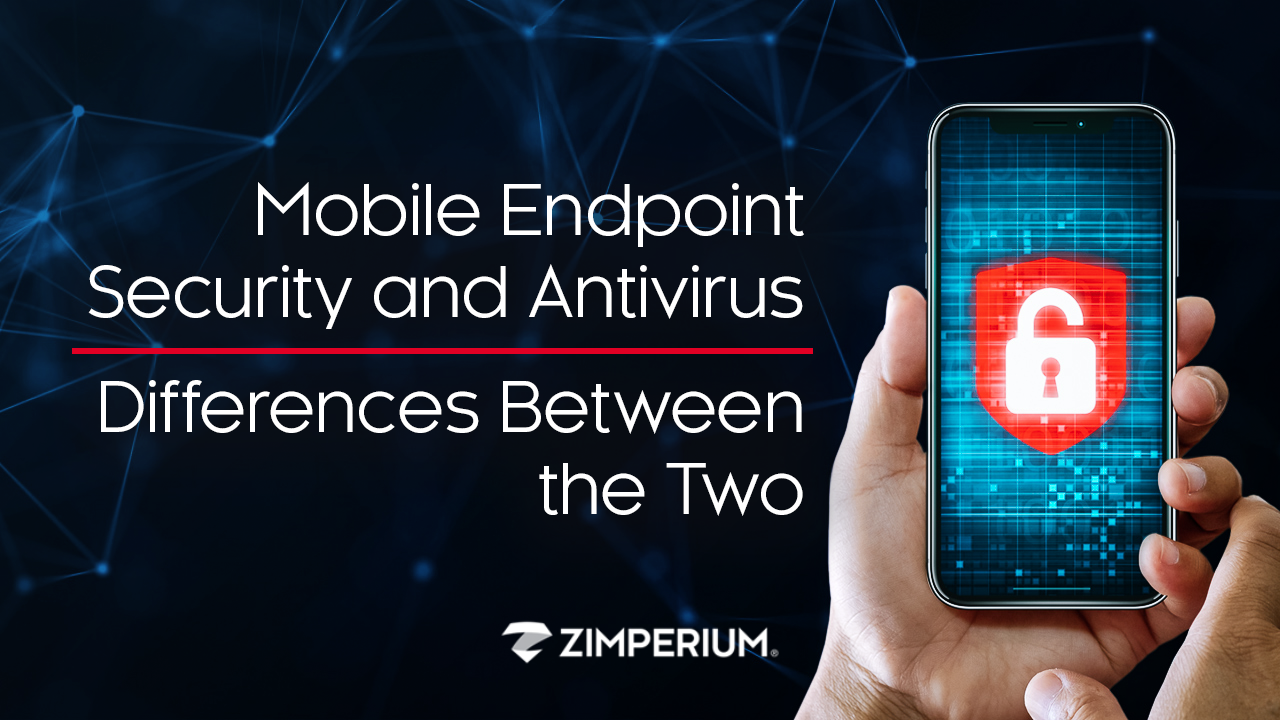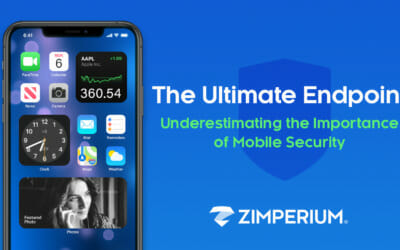The challenge with explaining something new is making that new thing relatable to something someone else already knows and understands.
This is why the definition of endpoint security is so often misunderstood or mislabeled. Many compare endpoint security to antivirus protection because it is the easiest way to explain the concept. The truth is antivirus protection is one kind of endpoint security. It is typically associated with one particular endpoint — the personal computer (PC).
However, the goal of endpoint security is to secure all endpoints, not just PCs. The total number of corporate and personal devices connecting remotely to a business’s network is rapidly expanding. This means the opportunities for corporate information to be at risk are also increasing at an exponential rate.
The reality is, mobile devices are now the de facto platform for productivity in business. The traditional computing devices (e.g., servers, desktops and laptops) upon which enterprises have focused their security and compliance efforts represent only 40 percent of the relevant endpoints. The remaining 60 percent of devices are mobile.
So how can we protect our endpoints – both corporate and personal – without allowing employers to invade our privacy? Or change the experience we have with our mobile devices?
There is a Difference Between Mobile Endpoint Security and Antivirus
Before we tell you about zIPS (spoiler alert, this is how), let’s ponder a question. Why does nearly every company install antivirus protection on its laptops and desktops but not on any other device? The reason might surprise you.
Antivirus is easily understood and installing it on laptops has become a perceived best practice. Individuals outside of the security space can understand what it is, why it’s there and what it does.
Users have seen antivirus software before, often recognize the name brand associated with the software and know that if it is not installed then something is “wrong,” and they could have computer problems and/or get in trouble with their IT departments when it is discovered that the software is missing.
Yet these very same people often fail to think about their security needs when it comes to their cell phones, tablets, notebooks and the other digital devices they are using to connect to their corporate networks. Unfortunately, no one has told them they need to secure these devices as well. Endpoint security as a best practice hasn’t been established and branded yet.
True Mobile Endpoint Security
This is where the zIPS app comes in. The app provides comprehensive protection for iOS and Android devices. zIPS insures mobile device and the networks the device connects to are protected from cyber-attacks. zIPS is a type of endpoint security that is much more than antivirus protection. It leverages an award-winning, disruptive and patented machine learning-based engine, z9, to protect mobile data, apps and sessions against device compromises, network attacks, phishing attempts and malicious apps.
To date, z9 has detected 100 percent of zero-day device exploits without requiring an update or suffering from the delays and limitations of cloud-based detection or legacy security architectures—something no other mobile security provider can claim.
The point is, antivirus just on your PC is no longer enough, in fact it is barely protection at all. The threats are real and the ability to be compromised in a myriad of different ways exists. Like the PC, mobile devices are endpoints and comprehensive solutions for mobile devices are needed now more than ever. The discussion needs to evolve from, “do you have antivirus” or “do you have malware protection” to “are all your endpoints protected from the wide range of threats that present themselves today?”




